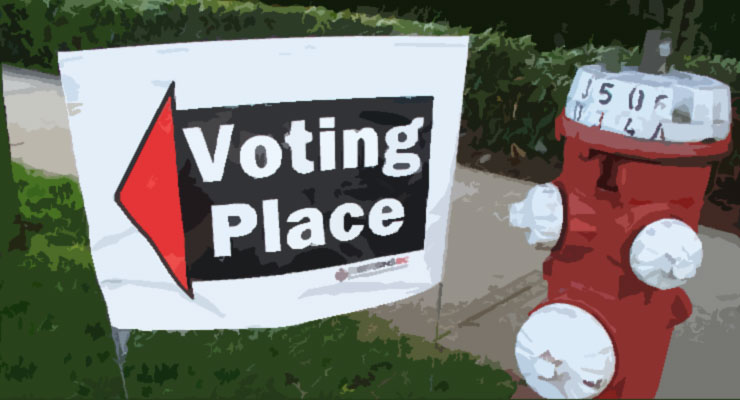 This article by Grace Gordon, Matthew Weil, Al Vanderklipp and Kevin Johnson is published by Bipartisan Policy. Here is an excerpt:
This article by Grace Gordon, Matthew Weil, Al Vanderklipp and Kevin Johnson is published by Bipartisan Policy. Here is an excerpt:
Election administrators are expected to perform their duties in a nonpartisan manner, even when the elections they administer lead to outcomes they do not personally endorse. Many election officials are elected in partisan elections or selected by members of political parties. This party affiliation means that these individuals experience motivation or encouragement derived from their party, a dynamic that we will refer to as reactions to partisan incentives.
Americans expect that elections will result in legitimate winners—individual candidates gaining elected office because they receive the most votes in a fair contest. Rising polarization and ongoing, unsubstantiated attacks on the 2020 presidential election have moved us away from this democratic ideal. We now risk approaching the moment when a losing candidate could be declared a winner by election officials acting within their statutory obligations yet following partisan incentives that undermine the true results.
The growing susceptibility to partisan incentives in election offices undermines the expectation that elections will result in legitimate winners. While, in the past, the individuals administering the elections process operated with relative obscurity, party leaders have targeted them and their offices in the hopes of controlling the voting process. This amplified attention may incentivize extreme partisans to attempt to subvert, undermine, or overturn an election. Acting with political self-interest, partisan officials could use their power to undermine legitimate and fair elections and overturn the will of the people.
Read the full article here.
Leave a Reply